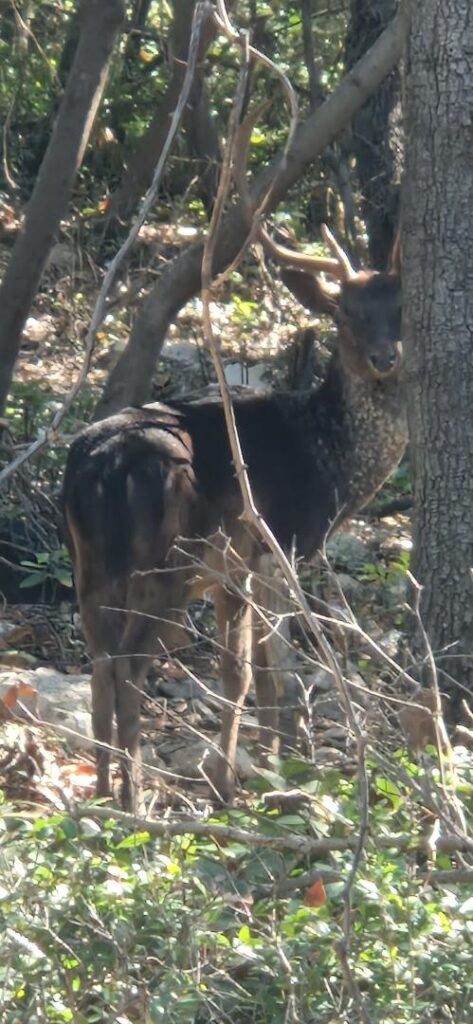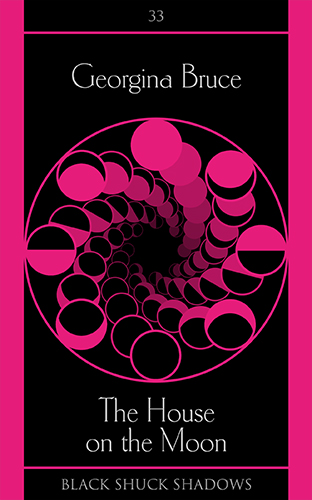Non-fiction: articles, book reviews and interviews:
Column: Other People’s Houses – Live, Laugh, Love, in Impulse Magazine – https://www.project-impulse.com/symposium/other-peoples-houses-live-laugh-love
Father’s Day, in Metro Online – https://metro.co.uk/2024/06/16/just-want-buy-a-fathers-day-card-isnt-beer-bbqs-21025178/
Dating in my 50s, in Business Insider – https://www.businessinsider.com/dating-younger-men-pros-cons-2024-6
A Novel Approach, in Mslexia blog – https://mslexia.co.uk/magazine/blog/a-novel-approach/
Book review: They Shut Me Up, by Tracy Fahey, in Interzone digital, 2024 – https://interzone.digital/a-review-of-they-shut-me-up/
Book review: The Shape of Guilt, by Lisa Fransson, in Interzone digital, 2024 – https://interzone.digital/a-review-of-the-shape-of-guilt/
Book reviews: Chasing Spirits, by John Llewellyn Probert; Beyond Glass, by Rachel Knightley, in Interzone digital, 2024 – https://interzone.digital/a-review-of-chasing-spirits-and-beyond-glass/
Book review: Umbilical, by Teika Marija Smits, in Interzone digital – https://interzone.digital/a-review-of-umbilical/
Book review: All That’s Lost, by Ray Cluley, in Interzone Digital, July 2022 – https://interzone.digital/a-review-of-all-thats-lost/
Book Review: Black Mouth, by Ronald Malfi, in Interzone Digital, July 2022 – https://interzone.digital/a-review-of-black-mouth/
ESCAPE ROOMS: Interviews with 12 authors, 2019 – 2020 – https://georginabruce.com/category/escape/
Poscast review: The Fountain Road Files, by Richard Maclean Smith, in Black Static #77, Nov/Dec 2020
Book reviews: Regret, by Robert Stone; The Wash by Daniel Gothard, in Black Static #76, Sept/Oct 2020
Book review: You Let Me In, by Camilla Bruce, in Black Static #75, May/June 2020
Interview with Priya Sharma, in Black Static #72, Jan/Feb 2020
Book review: Ormeshadow, by Priya Sharma, in Black Static #72, Jan/Feb 2020
Book reviews: Wounds, by Nathan Balingrud; The Girl in Red, by Christina Henry; Sealed, by Naomi Booth, in Black Static #70, Jul/Aug 2019
Interview with Nathan Balingrud, in Black Static #70, Jul/Aug 2019
Book review: Water Shall Refuse Them, by Lucie McKnight Hardy, in Black Static #69, May/June 2019
Book review: New Music for Old Rituals, by Tracy Fahey, in Black Static #71, Sept/Oct 2019
Book review: The Water Cure, by Sophie Mackintosh, in Black Static #68, March/April 2019
Book review: Halcyon, by Rio Youers, in Black Static #67, Jan/Feb 2019
Book review: Gamble, by Kerry Hadley-Pryce, in Black Static #66, Nov/Dec 2018
Interview with Kerry Hadley-Pryce, in Black Static #66, Nov/Dec 2018
Book review: Figurehead, by Carly Holmes, in Black Static #65, Sept/Oct 2018




